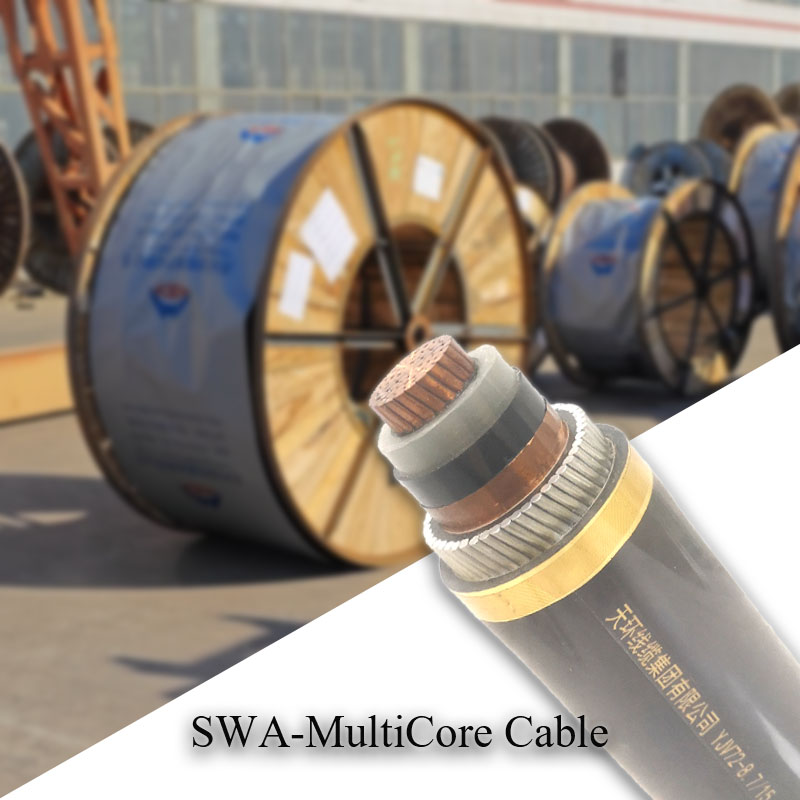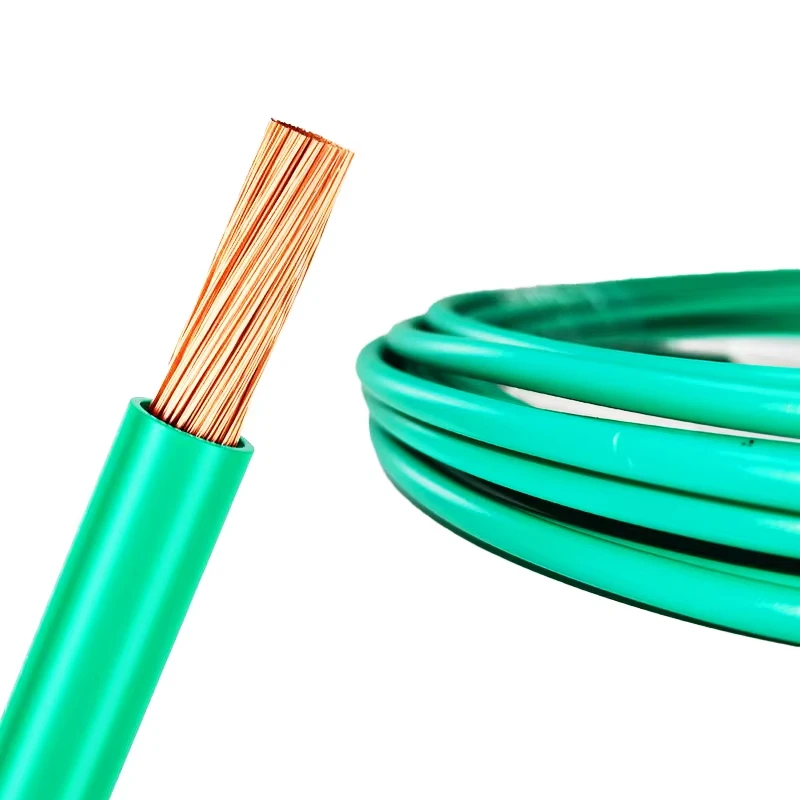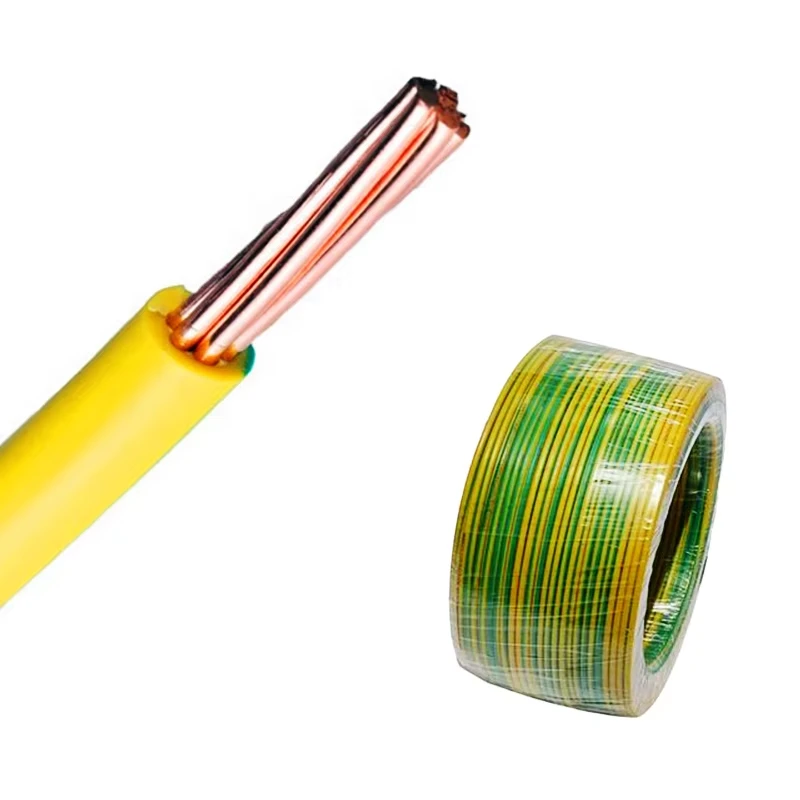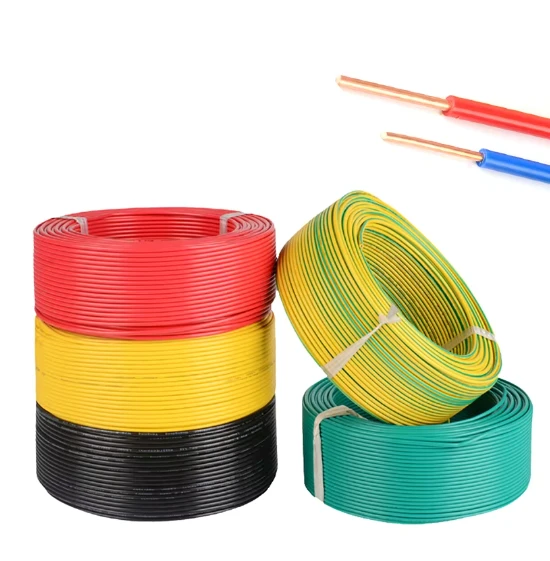
custom wire gauge for solar panels
Understanding Custom Wire Gauge for Solar Panels
As solar energy becomes increasingly popular, understanding the intricacies of solar panel installation is paramount. One crucial aspect of this process is selecting the right wire gauge. The wire gauge significantly affects the efficiency and safety of solar power systems. This article explores the importance of custom wire gauge for solar panels, ensuring optimal performance and longevity.
What is Wire Gauge?
Wire gauge refers to the diameter of electrical wire, which directly influences its ability to conduct electricity. In the United States, the American Wire Gauge (AWG) system is commonly used to measure wire thickness. In this system, a lower gauge number indicates a thicker wire, which can carry more current. For solar panel systems, the selection of wire gauge is integral because it impacts voltage drop, energy loss, and the overall efficiency of the solar power system.
Importance of Custom Wire Gauge
Solar panels operate at specific voltage levels and produce direct current (DC) electricity. When this DC electricity travels through wires to an inverter or battery bank, the wire gauge plays a pivotal role. If the wire is too thin for the amount of current it needs to carry, several issues can arise
1. Voltage Drop Thinner wires have higher resistance, which can lead to a significant voltage drop. This means less usable power gets delivered to the inverter, ultimately reducing the system's efficiency.
2. Heat Generation A wire that is not appropriately gauged for its electrical load can generate excessive heat. This not only causes energy loss but can also lead to potential safety hazards, including wire damage or even fire.
custom wire gauge for solar panels

3. System Longevity Using the correct wire gauge can enhance the durability of the solar power system. Thicker wires typically have better longevity when handling high loads, as they are less prone to wear and tear.
4. Cost-Effectiveness Although thicker wires are generally more expensive, the long-term benefits outweigh initial costs. Improved efficiency and reduced maintenance costs mean that investing in the correct wire gauge can save money in the long run.
Selecting the Right Wire Gauge
Choosing the appropriate wire gauge for solar panels involves considering several factors, including the total wattage of the solar array, the distance from the array to the inverter, and the specific installation environment.
1. Wattage Calculation First, one must calculate the total wattage produced by the solar panels. This calculation helps determine the total current (in Amperes) that will need to be carried by the wiring. 2. Distance Considerations The longer the distance the electricity travels, the more resistance is encountered, leading to greater potential voltage drop. Thus, longer distances may necessitate thicker wires to mitigate these losses.
3. Environmental Factors Depending on the installation environment, such as temperature and exposure to elements, different wire types may be necessary. For instance, wire with a higher temperature rating is crucial in hotter climates.
Conclusion
Custom wire gauge selection for solar panels is a critical component of solar power system design and installation. By ensuring that the correct wire gauge is used, solar energy systems can operate more efficiently, remain safe, and achieve longevity. Homeowners and installers alike must prioritize understanding wire specifications to maximize the benefits of solar energy. Investing in the right custom wire gauge not only saves money but also enhances the overall effectiveness of a solar power system, paving the way for a sustainable energy future.
-
Key Considerations When Sourcing Electrical Wires and Cables: A Wholesaler’s GuideNewsMay.13,2025
-
Ensuring Safety and Performance: Key Considerations for Rubber Cable ApplicationsNewsMay.13,2025
-
Premium Control Cable Solutions: Elevate Your Projects with Tianhuan Cable GroupNewsMay.13,2025
-
Powering Solar Innovation: Tianhuan’s Photovoltaic Cable Solutions for Wholesale ExcellenceNewsMay.13,2025
-
High-Quality Building WireNewsMay.13,2025
-
Superior Aerial Cable Solutions: Partner with Tianhuan Cable GroupNewsMay.13,2025
-
XLPE Cables: The Heat-Resistant Solution for Summer BBQ SafetyNewsMar.05,2025














